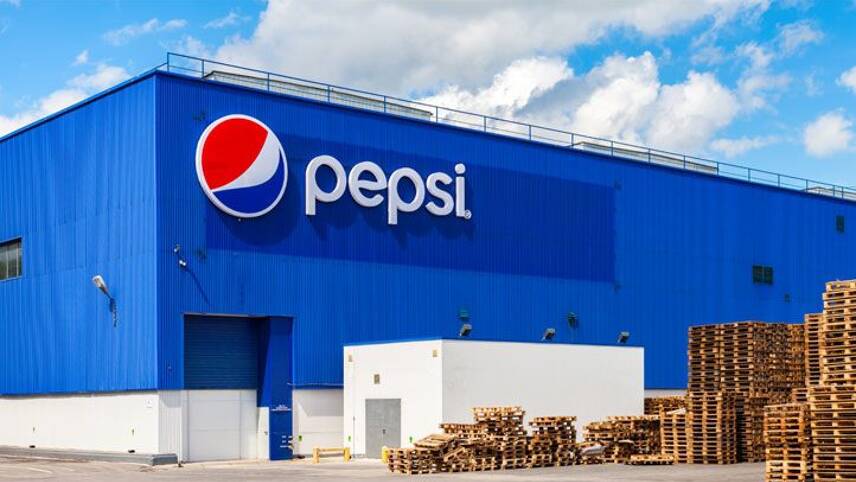Register for free and continue reading
Join our growing army of changemakers and get unlimited access to our premium content

PepsiCo owns brands including 7UP
The multinational food and drink giant announced the commitments today (14 January) as part of a new climate action plan.
To deliver the targets, PepsiCo is planning to reduce absolute emissions from direct operations by 75%, against a 2015 baseline. It has already reached 100% renewable electricity at managed facilities across 13 countries, and is aiming for all countries to meet that milestone by 2030 through work with the RE100. Aside from clean electricity, investments will be made in energy efficiency technologies and those which help minimise waste.
As with most large companies, the bulk of PepsiCo’s emissions lie within Scope 3 (indirect) sources related to the supply chain and to products. Scope 3 emissions are also notoriously harder to tackle than Scopes 1 & 2 and, to that end, PepsiCo’s ambition is to reduce emissions here by 40% by 2030.
Regarding supply chain emissions, PepsiCo’s plan includes commitments to help logistics firms transition to electric vehicles and low-emission alternative fuels, and to adopt artificial intelligence (AI) to optimise route planning and reduce unnecessary mileage. Manufacturers, warehouses and distribution sites will also receive support to maximise energy efficiency and transition to low-carbon and zero-carbon technologies.
Agriculture is another major source of Scope 3 emissions for PepsiCo. As such, the plans include measures to help farmers switch to renewable energy and low-emission fertiliser made using waste from its own Walkers factories. Farmers will also be taught how to adopt regenerative agricultural practices and financially supported to do so. Such practices boost the carbon sequestration capability of farms while encouraging biodiversity and restoring soil health.
All of these measures will reduce product-related emissions. There are also plans to tackle emissions related to product packaging by fine-tuning product design requirements and increasing the use of recycled content. The company is aiming to reduce the use of virgin plastic across its beverage packaging portfolio by 35% by 2025, and to achieve an average of 25% recycled content in the same timeframe. In nine of PepsiCo’s largest European markets, Pepsi bottles will be 100% recycled PET by 2022. The lifecycle of recycled PET emits 63% less CO2e than that of virgin PET, according to some analyses.
PepsiCo expects its absolute annual emissions to be 26 million metric tonnes lower in 2030 than they were in 2015 if it meets its new targets. It will develop new targets through to 2040 and assess the role that offsetting will play in order to bridge the gap between its 2030 targets and net-zero.
“PepsiCo’s new climate goal will double our efforts on emission reductions,” PepsiCo Europe’s chief executive Silviu Popovici said. “This impacts both our company-owned businesses but also includes our suppliers and bottlers. Simply put, we all have to do more.”
Other food and drink majors with net-zero targets include Nestle, Unilever and Coca-Cola European Partners (CCEP), The Coca-Cola Company’s largest bottler in Europe.
Green bond
Late last year, PepsiCo revealed how it has been investing the funds raised through its inaugural green bond, priced at $1bn.
Multi-million-dollar pots have been earmarked for procuring recycled plastics, switching to low-emission vehicles, improving water efficiency, generating and procuring green energy and bringing a flagship “green R&D facility” to fruition. The facility will feature onsite solar generation and built-in energy and water efficiency features. PepsiCo is aiming to reduce the emissions generated by the campus annually by one-fifth by 2030 and hopes the new facility will provide transferable learnings for other sites.
PepsiCo notably appointed a new chief sustainability officer, Jim Andrew, in 2020. Andrew was promoted to the role after serving as executive vice-president for the company’s new ventures department.
Andrew recently spoke with edie as part of the #SustyTalk video interview series, discussing learnings from the green bond process and outlining his thoughts on how the events of 2020 have reshaped the corporate sustainability space. You can watch that conversation in full here.
Sarah George


Please login or Register to leave a comment.